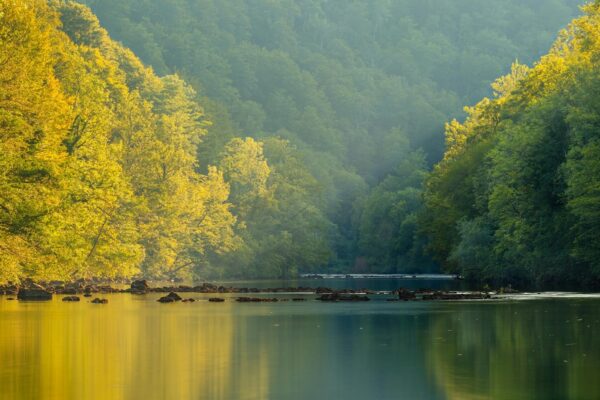20 new nature projects across the country will receive funding to create and restore critical habitat areas equivalent in total to the size of York benefitting many species such as water voles and habitats including saltmarshes.
Grants of up to £3 million have been awarded to projects run by wildlife charities, farmers, and community groups to accelerate nature recovery and support precious species. The Fund is being delivered by The National Lottery Heritage Fund on behalf of Defra and totals £25 million. The funding has been titled the “Species Survival Fund” and is designed to help Defra to meet their target to protect 30% of land for nature by 2030 (known as 30by30).
Across England projects
The projects span the length and breadth of the country from Cornwall to Northumberland. Some of the associated water projects that have been successful include:
- Riparian habitat improvements in Hertfordshire’s Chalk Rivers – Hertfordshire and Middlesex Wildlife Trust will restore chalk rivers and create 49 hectares of wetland habitat across Hertfordshire, providing natural flood management and helping to support over 109 different species.
- Thriving in a Wilder Trent – Nottinghamshire Wildlife Trust will work with farmers and landowners to improve 28 kilometres of canal, 50 hectares of farmland wetland and marshlands.
- Coastal and wetlands: more, better, bigger, joined – 246 hectares of Coastal and Floodplain Grazing Marsh will be created, saline lagoons restored, and new reedbeds added.
- Wetter for Waders: Enhancing Somerset’s Coastal Wetlands – The Wildfowl and Wetlands Trust will work across over 370 hectares of floodplain, grazing marsh, and freshwater habitats to rewet and restore the landscape for wildlife. As well as creating new saline lagoons, scrapes and ditches across both nature reserves, the project will restore at least one ‘ghost pond’ previously lost on the land, on top of six others that will be improved.
Credit: Marko Mocilac
Eilish McGuinness, Chief Executive at The National Lottery Heritage Fund, said:
“We are delighted to be working in partnership with Defra again to distribute funding for these projects, which will support nature recovery by helping to boost the quality and quantity of wildlife-rich habitats across England. This partnership will further our vision for heritage to be valued, cared for and sustained for everyone, now and in the future.”
UK Nature in crisis
As defined on the Government web, biodiversity net gain (BNG) is a way of creating and improving natural habitats. BNG makes sure development has a measurably positive impact (‘net gain’) on biodiversity, compared to what was there before development. From the 12th of February developers must deliver a BNG of 10%. This means a development will result in more or better quality natural habitat than there was before development. In response, the Wildlife Trusts released a news piece online stating their concern that the “Biodiversity Net Gain is not currently on track to play its part in addressing the severity of the continuing nature crisis – and that current ambition is set too low.” They say that means just 3.11% of England’s land has been adequately protected and effectively managed.
Not enough funding
The BBC reported that Richard Benwell, chief executive of Wildlife and Countryside Link, said: “The species survival fund is an important addition to public funding for nature recovery and it will support some wonderful wildlife.”
“At £25m, though, it is only a fraction of the billions needed each year to stop nature’s decline by 2030. ”
Environment Minister, Rebecca Pow, said:
“The funding awarded today as part our flagship Species Survival Fund will enable local authorities, landowners, farmers, and our protected landscapes organisations to restore nature at scale and provide valuable green jobs in the process.
“Only by creating bigger and better habitats for wildlife will we be able to halt the alarming decline in species loss. This fund will be a key plank in achieving our legally binding targets to halt species loss and protect 30% land for nature by 2030.”
See the full list of projects titled and awarded organisation here
